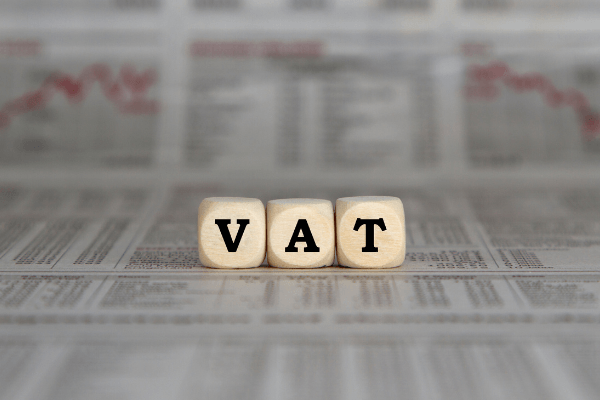BY:
SHARE:

An overhaul of VAT Notice 703 VAT on Goods Exported from the UK was overdue, primarily because the UK departed from the VAT territory of the EU on 1 January 2021. VAT Notice 702 Imports had already been re-issued and is now not numbered.
Guidance for VAT on imports can now be found on a webpage entitled Paying VAT on imports from outside the UK to Great Britain and from outside the EU to Northern Ireland. HMRC appears to be moving away from public notices, and guidance previously included in one notice is split across several URLs. It can be difficult for agents and taxpayers to monitor changes to guidance as a result. Nevertheless, the guidance on exports is still numbered VAT Notice 703. The major change in the export landscape is that goods moving from the UK to the EU are now treated as exports, whereas previously, they were simply intra-EU sales. They remain potentially zero-rated, although the zero-rating conditions differed from those in force when the UK was still an EU member state.
The updated Notice 703 clarifies HMRC’s policy on direct exports in accompanied baggage and on export evidence for untracked parcels. Under the rules in the old Notice, in order to zero-rate an export, the exporter had to produce either official evidence (produced by customs systems) or commercial transport evidence (such as air or sea waybills, bills of lading, certificates of shipment or international consignment notes). Both official and commercial transport evidence had to be supported by supplementary evidence showing that a transaction had taken place. This might include the customer’s order or a copy of the export sales invoice. Fundamentally, the definitions of the three types of evidence have not changed. Still, the new Notice says that if the commercial evidence is found to be lacking sufficient detail, the exporter will be expected to provide official evidence. It continues to be the case that if an exporter does not hold satisfactory evidence, zero-rating will be disallowed, and VAT will be due.
On untracked parcels, the new Notice says that “it can be difficult to get enough evidence that specific goods have been exported” and that the exporter needs to keep information for each individual consignment. The definition of indirect exports does not change (goods are collected from the UK by an overseas customer, or the overseas customer arranges the collection of the goods). However, the new Notice inserts a paragraph which says that indirect exports of personal goods in accompanied baggage do not qualify for a zero rating. Personal goods are goods that are not intended for business use by an individual. Direct exports of goods in accompanied baggage do qualify for zero-rating if the procedures for merchandise in baggage are followed – the Notice includes a link to these procedures.
Zero-rating of exports is also conditional on the goods being exported from the UK within given time limits. In most cases, the time limit is three months after the goods have been paid for in full. This is unchanged.
HMRC have indicated that, in the long term, further changes may be made. These may include rearranging sections of the Notice; distinguishing between Great Britain and Northern Ireland content; reviewing “force of law” content and keeping this to a minimum; and adding further information on various reliefs available.
A good point has been made about official evidence, which includes goods departure messages according to the old and new Notices. The new Notice says that it can also include a full entry printout. One agent of my acquaintance says that goods departure messages are challenging to access. They are stored in the software and must be specifically requested.
However, it should be noted that a copy of the export declaration alone does not constitute evidence of export. For example, a pre-lodged entry submitted via CHIEF indicates the intent to export. Only when the declaration is accepted by means of an ‘arrival message’ does it become a legal declaration. The entry is finalised when the ‘departure message’ is submitted by the airline/shipping line/loader; this is the official evidence of export.
HMRC are yet to confirm what will be accepted as evidence of export under CDS.
For full entry printouts, the new Notice has a link to the UK Trade Tariff: exports webpage, but this appears to need to be updated, with several references to goods exported outside the customs territory of the EU. Another agent has said that the notice is far too long, and HMRC have missed a clear opportunity to review the document and update it for the Brexit-related changes.
OneCall™ Email assistance as and when required; A one-call solution for all your import, export and customs enquiries. Export help. Import help. Customs help.
Stay informed about customs and international trade matters by subscribing to our OneCall™ service. This comprehensive offering includes a dedicated email helpline for support, timely practical updates direct to your inbox (Did You Know?), monthly UK Customs & Trade Briefings and access to an interactive members' area with an exclusive community for our subscribers.
International Trade Updates & Spotlight Newsletter
Subscribe to our free information emails covering international trade topics...









